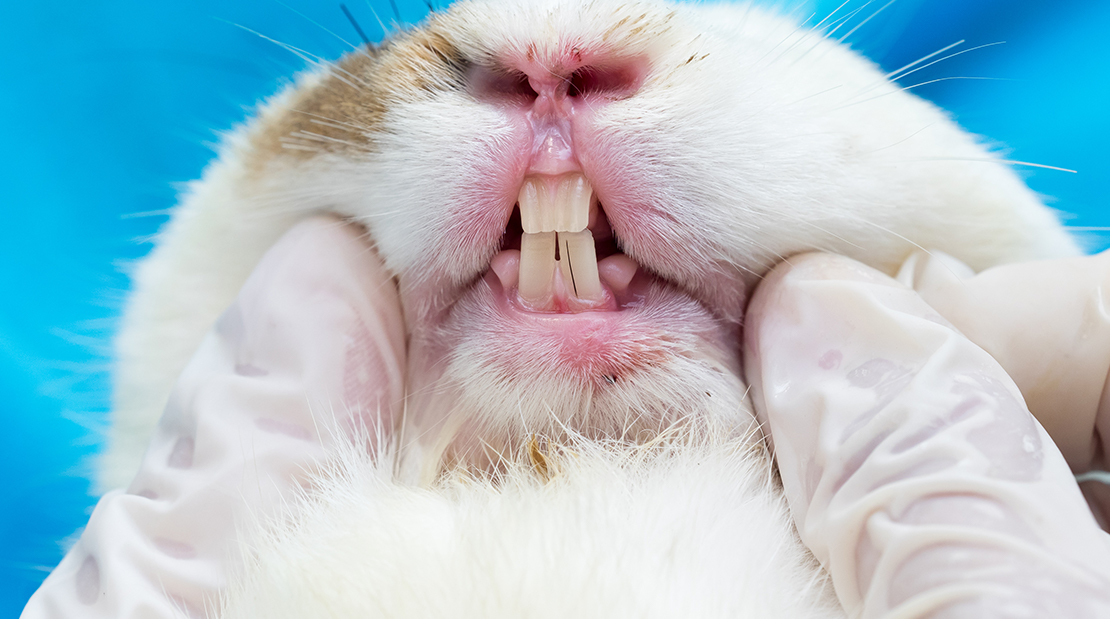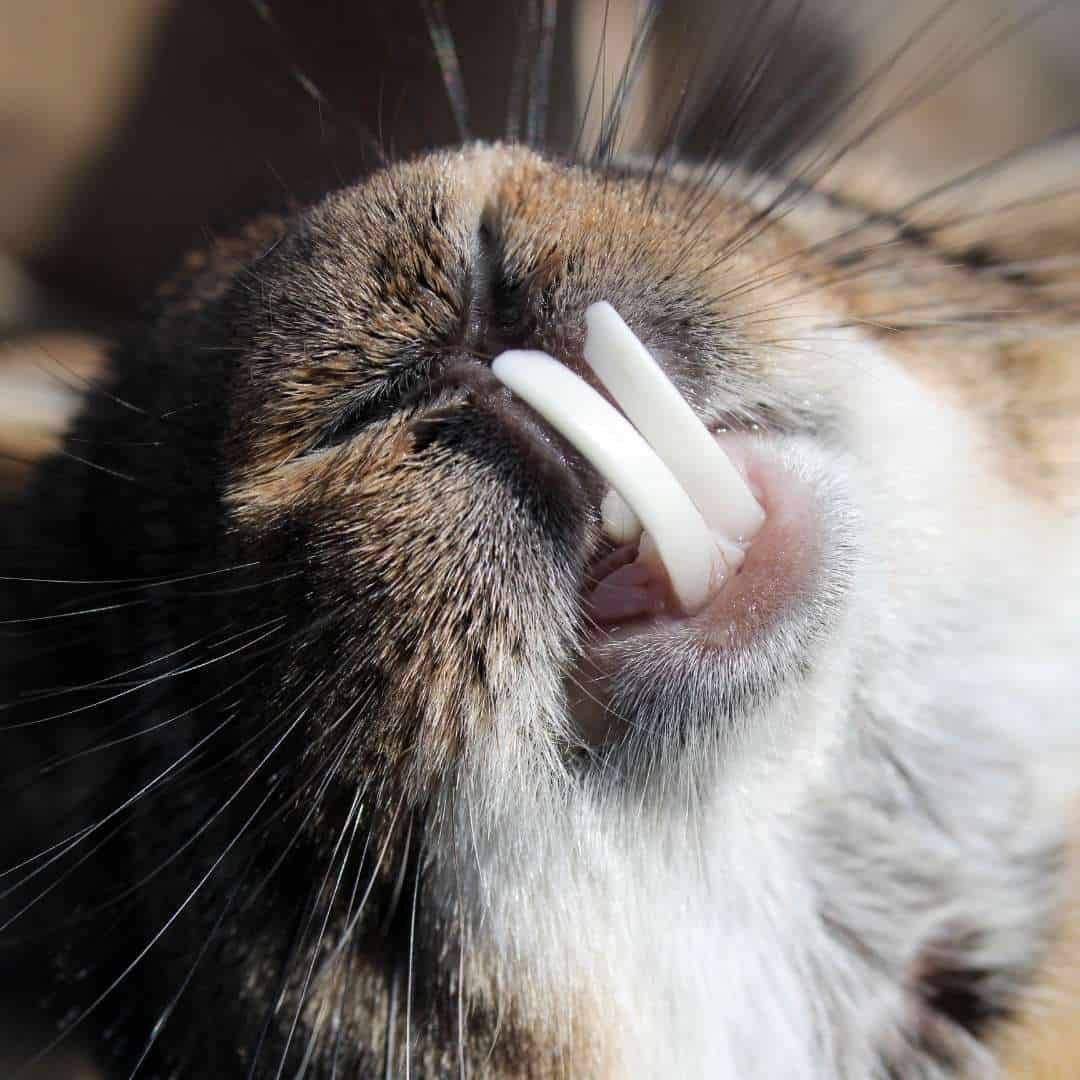Rabbit Teeth 101: Anatomy, Problems, And Care Tips!
Ever wondered why your rabbit seems to be constantly chewing? The answer lies in their unique dental structure: rabbit teeth grow continuously throughout their lives, a characteristic that demands specific care and attention to prevent dental issues.
Understanding the intricacies of rabbit dentition is crucial for every bunny owner. From their specialized teeth types to the potential problems that can arise, knowing how to properly care for your rabbit's teeth is essential for their overall health and well-being. Let's delve into the fascinating world of rabbit teeth and explore the best ways to maintain their dental health.
| Category | Information |
|---|---|
| Anatomy |
|
| Physiology |
|
| Common Dental Issues |
|
| Prevention & Care |
|
| Symptoms of Dental Problems |
|
Reference Website: rabbit.org
- Remembering Melanie Olmstead A Yellowstone Tribute Legacy
- Factchecking Aditi Mistry Nude Videos Search Results What We Found
Understanding Rabbit Teeth Anatomy
Rabbit teeth are uniquely adapted for their herbivorous diet. Unlike humans, rabbits have teeth that grow continuously throughout their lives. This continuous growth compensates for the wear and tear caused by their fibrous diet of grasses, hay, and vegetables. A rabbit's dental anatomy consists of several types of teeth, each with a specific function.
Rabbits possess incisors, premolars, and molars. The incisors are the large, front teeth that are used for gnawing and cutting food. These are the teeth most people notice first when looking at a rabbit. Behind the incisors, there's a gap called the diastema, a space where canine teeth would normally be found in other mammals. This gap allows the rabbit to manipulate food in its mouth more effectively. Further back are the premolars and molars, collectively known as cheek teeth. These teeth are responsible for grinding down food into smaller particles for digestion.
- Trending Candy On Tiktok Target Viral News Deals
- Search Tips No Results Found Check Spelling Try Again
The dental formula for rabbits is 2(I 2/1, C 0/0, PM 3/2, M 3/3) = 28, meaning they have a total of 28 teeth. This includes 2 upper and 1 lower incisor on each side, no canines, 3 upper and 2 lower premolars on each side, and 3 upper and 3 lower molars on each side. It's important to note that rabbits also have small teeth called peg teeth, located just behind the upper incisors. These are technically the second pair of upper incisors and play a role in gripping food.
How Rabbit Teeth Grow
Rabbit teeth are classified as elodont and hypsodont. Elodont means that the teeth have open roots and grow continuously, while hypsodont refers to the high-crowned teeth with a long reserve crown beneath the gum line. This unique dental structure is essential for rabbits to maintain their teeth's functionality throughout their lives.
The incisors grow at a rate of approximately 4 to 5 inches per year, while the cheek teeth also grow continuously, albeit at a slower rate. To prevent overgrowth, rabbits rely on the abrasive action of chewing on tough, fibrous materials like hay. This natural process wears down the teeth, keeping them at a functional length. When rabbits don't have access to these materials, or if their teeth are misaligned, they can develop dental problems.
Common Dental Issues in Rabbits
Dental problems are common in pet rabbits, often stemming from improper diet or genetics. Malocclusion, or misalignment of the teeth, is one of the most frequently seen issues. When the teeth don't meet properly, they don't wear down evenly, leading to overgrowth and the formation of sharp points or spurs. These spurs can cause painful injuries to the tongue and cheeks, making it difficult for the rabbit to eat.
Overgrown incisors can become so long that they interfere with the rabbit's ability to close its mouth or eat properly. Overgrown cheek teeth can cause similar problems, leading to drooling, weight loss, and changes in fecal production. In severe cases, dental disease can lead to infections and abscesses, which can be life-threatening if left untreated.
Symptoms of dental problems in rabbits can include:
- Drooling or wet fur around the mouth
- Loss of appetite or difficulty eating
- Weight loss
- Facial swelling or lumps
- Changes in fecal production (smaller or absent fecal pellets)
- Eye discharge or runny nose
- Reluctance to groom
If you notice any of these signs in your rabbit, it's crucial to seek veterinary attention immediately.
Preventing Dental Problems
Prevention is key when it comes to rabbit dental health. The most important factor in preventing dental problems is providing a proper diet. A rabbit's diet should consist primarily of high-quality hay, which should make up about 80% of their daily food intake. Hay provides the necessary abrasive action to wear down the teeth naturally.
In addition to hay, rabbits can be given a limited amount of fresh vegetables and a small portion of rabbit pellets. However, it's important to choose pellets that are high in fiber and low in carbohydrates, as excessive carbohydrates can contribute to dental disease. Avoid sugary treats and starchy foods, as these can also contribute to dental problems.
Providing chew toys can also help to keep your rabbit's teeth healthy. Safe and appropriate chew toys include:
- Untreated wood blocks
- Cardboard boxes
- Willow branches
- Hay-based toys
Avoid giving your rabbit plastic toys or treated wood, as these can be harmful if ingested.
Treating Dental Issues
If your rabbit develops dental problems, veterinary treatment is necessary. Depending on the severity of the issue, treatment options may include:
- Teeth trimming: Overgrown teeth can be trimmed by a veterinarian using specialized tools. However, it's important to note that teeth trimming is only a temporary solution and does not address the underlying cause of the problem.
- Teeth extraction: In severe cases of malocclusion or dental disease, tooth extraction may be necessary.
- Abscess drainage: Abscesses can be drained and treated with antibiotics.
- Pain management: Pain medication may be prescribed to alleviate discomfort.
- Dietary changes: Adjusting the rabbit's diet to promote better dental health.
It's crucial to follow your veterinarian's recommendations and provide ongoing care to manage your rabbit's dental issues. Regular dental check-ups are also essential for early detection and treatment of any problems.
The Dangers of DIY Teeth Trimming
While it may be tempting to trim your rabbit's teeth at home, this is strongly discouraged. Using clippers or nail trimmers can easily fracture the teeth, leading to pain, infection, and further complications. Additionally, it's difficult to properly assess the extent of the dental problem without the expertise and equipment of a veterinarian.
DIY teeth trimming can also cause unnecessary stress and trauma to your rabbit. It's always best to leave dental procedures to the professionals who have the knowledge and skills to perform them safely and effectively.
Recognizing Overgrown Teeth
Knowing how to identify overgrown teeth is essential for every rabbit owner. There are several visual cues that can indicate a dental problem:
- Teeth that appear excessively long or fang-like
- Misalignment of the teeth
- Difficulty closing the mouth
- Drooling or wet fur around the mouth
- Changes in eating habits
Healthy rabbit teeth should be long and blunt, with a smooth surface. They should also be properly aligned, with the upper incisors overlapping the lower incisors slightly. If you notice any deviations from this norm, it's important to consult with your veterinarian.
The Importance of Hay
Hay is the cornerstone of a healthy rabbit diet and plays a crucial role in maintaining dental health. The act of chewing hay provides the necessary abrasive action to wear down the teeth, preventing overgrowth and malocclusion. It also stimulates saliva production, which helps to cleanse the mouth and prevent bacterial buildup.
There are several types of hay available, including timothy hay, orchard grass hay, and meadow hay. Choose a high-quality hay that is fresh, fragrant, and free of dust and mold. Avoid alfalfa hay, as it is too high in calcium and can contribute to urinary problems.
Rabbit Teeth: Facts and Figures
- Rabbits have 28 teeth in total.
- Their teeth grow continuously throughout their lives.
- The incisors grow at a rate of approximately 4 to 5 inches per year.
- Hay is essential for wearing down the teeth and preventing dental problems.
- DIY teeth trimming is dangerous and should be avoided.
- Regular veterinary check-ups are crucial for maintaining dental health.
Conclusion
Maintaining your rabbit's dental health is an essential part of responsible pet ownership. By understanding the unique anatomy and physiology of rabbit teeth, providing a proper diet, and seeking veterinary care when needed, you can help your bunny enjoy a long and healthy life. Remember, a healthy mouth is a happy mouth, and a happy rabbit is a joy to behold.
Article Recommendations
- Aditi Mistry Live Video Why No Results Troubleshooting
- Brandi Passante Now Life After Storage Wars New Projects



Detail Author:
- Name : Marilie McClure PhD
- Username : pfannerstill.jamie
- Email : raymundo62@bruen.com
- Birthdate : 1980-12-24
- Address : 97108 McClure Rest Rudolphberg, DE 43420-6890
- Phone : 812-208-5621
- Company : Gorczany-Daniel
- Job : Auditor
- Bio : Porro quia ut unde voluptatem ut rerum dolorem. Et veritatis iusto in expedita ea et. Debitis aut officia nostrum saepe nulla dolores. Est architecto non ex impedit aperiam voluptas ipsum sequi.
Socials
facebook:
- url : https://facebook.com/thelma.morissette
- username : thelma.morissette
- bio : Deleniti eum tempore impedit cum. Minus est saepe labore molestiae similique.
- followers : 1833
- following : 1155
twitter:
- url : https://twitter.com/thelma_dev
- username : thelma_dev
- bio : Est hic laboriosam molestiae et magni ex. Tempore voluptatem iste deserunt quae neque. Et unde quae eum ex quos minima.
- followers : 3256
- following : 967
tiktok:
- url : https://tiktok.com/@morissette1986
- username : morissette1986
- bio : Iusto fugit assumenda fugiat omnis ducimus reprehenderit architecto.
- followers : 5538
- following : 2994
instagram:
- url : https://instagram.com/tmorissette
- username : tmorissette
- bio : Placeat id sed corporis fuga impedit. Sit vero architecto deserunt praesentium quos necessitatibus.
- followers : 6109
- following : 1552